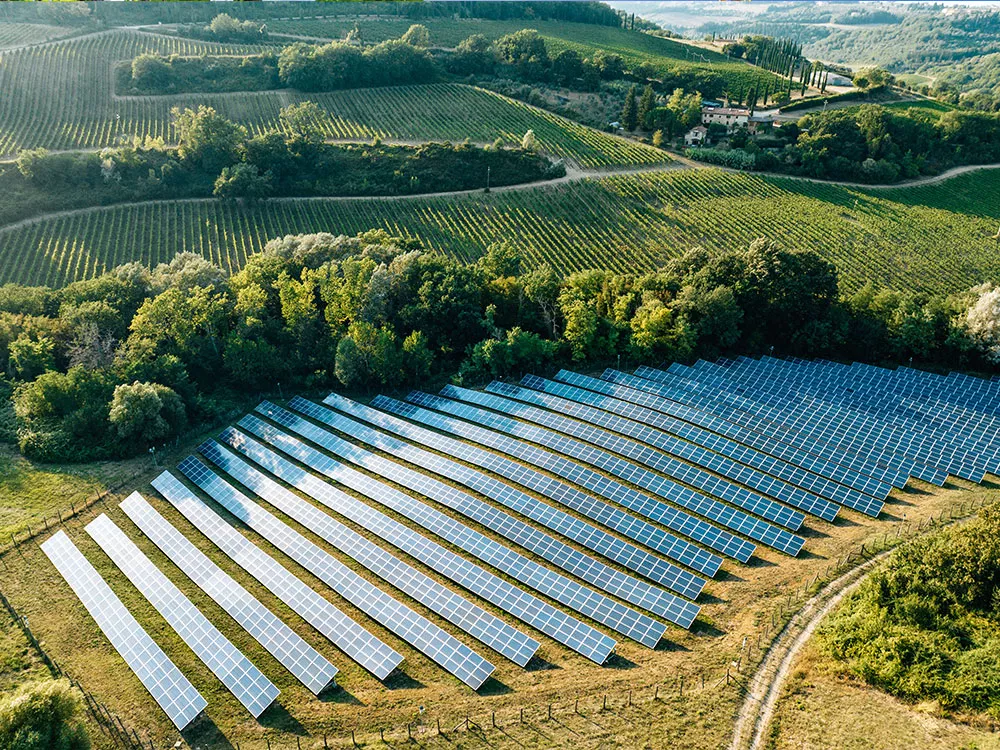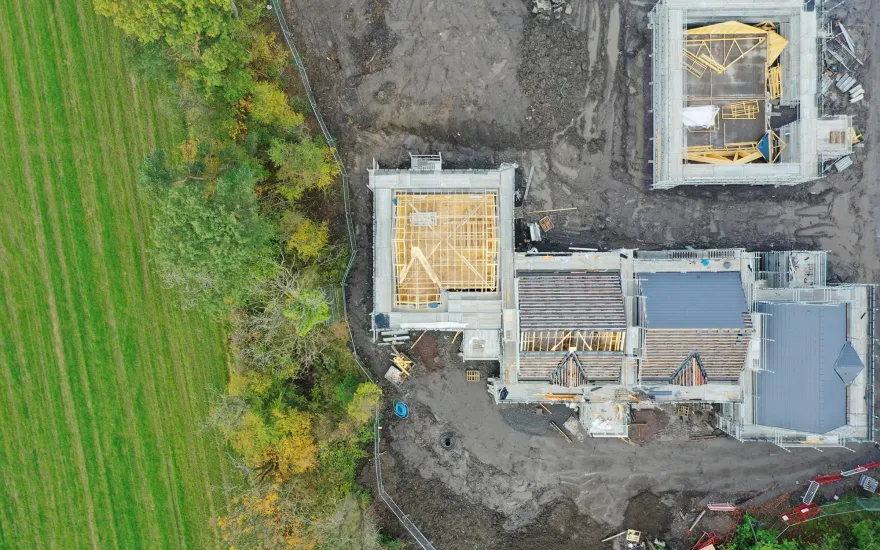Now live: The 2025 Canopy Report. Learn how Americans see trees. GET THE REPORT
Bulletin
How Trees Can Save Energy
Trees have been called the low-tech solution to energy problems and climate change. Whether you want to reduce the amount of money you spend each month on utility bills or help guide your community toward wiser energy policies, the information in this bulletin is of special importance.

There is an ongoing debate among community forestry leaders about the best approach to convince citizens and city councils about the importance of trees.
Some suggest that aesthetics and livable communities are the issues to promote. Others believe that the practical contributions of trees will tug at heartstrings (and purse strings) more effectively. The Arbor Day Foundation takes the position that both appeals are correct. However, in this issue of the bulletin, emphasis is decidedly on the practical.
The role of trees in saving energy has yet to be discovered by large numbers of people. When it is, a major step can be taken not only toward saving individual home and business owners a lot of money but also toward less dependence on foreign oil and domestic sources of diminishing fossil fuels. The important role of trees in helping combat climate change should also not be overlooked or underestimated.
Trees can save energy many ways: (1) through shade, reducing the need for air conditioning, (2) through breaking the force of winter winds, lowering heating costs, and (3) by serving as a renewable source of fuel — one that burns with less air pollution than other fuels when the right equipment is used. There are more subtle ways that trees contribute to energy savings. One is by sequestering carbon, an element that is a key villain in atmospheric pollution and the threat of climate change. Another is by landscaping with trees to reduce lawn space and the need for mowing.
In This Bulletin
Here’s what’s inside:
- The Heat Island Phenomenon – a high-level look at what heat islands are and how you can help combat them
- Trees for Shade – planting to provide helpful shade that could save money
- Trees for Winter Warmth – planting to create windbreaks that will break up cold winter winds
- Trees, Energy, and the Community Forestry Program – integrating energy conservation into a community forestry program in a meaningful way
